Neuhaus Neotec launches the NEOROAST 60

Neuhaus Neotec tells Global Coffee Report about the latest generation roaster in its NEOROAST series, the NEOROAST 60, and how its patented technology enables greater roasting flexibility.
According to German roasting equipment manufacturer Neuhaus Neotec, the market demand for small- to medium-sized roasting equipment is prevalent in the specialty coffee scene.
To cater to this need, Neuhaus Neotec has developed the newest member of its NEOROAST series, the NEOROAST 60. It is an upsized roaster capable of roasting batches of 20 to 60 kilograms with a capacity of up to 500 kilograms per hour.
“The NEOROAST 60 is designed for specialty roasters and smaller batch production and has a unique design for optimal flavour and aroma development. It is also equipped with a hot air recirculation system in order to save energy,” says Neuhaus Neotec Head of Marketing Lars Henkel.
“An ideal customer would include a start-up specialty coffee roaster that is looking to expand specialty coffee production after a successful market launch and has some experience in coffee roasting.”
Henkel says roasting cycles can be complete in just four minutes, or up to 20 minutes if the customer desires, offering production flexibility.
“The NEOROAST 60 roasting chamber completely differs from conventional designs. It operates without any bean agitators or mechanical parts, only using air to move the coffee rotationally and heat the beans homogeneously, without breakage, abrasion, or hot spots,” says Henkel.
“The green bean [holding] bin holds one batch and is equipped with an automatically controlled slide. The solid slide provides thermal separation of the preloaded bin with green coffee from the running cycle. As soon as the operator starts roasting, the slide releases the green coffee into the chamber.”
A gas burner heats the air flow and a pipe and perforated plate in the bottom of the roasting chamber feds it into the roasting chamber.
To Neuhaus Neotec, the greatest limitation in roast profiling is the thermal inertia of the system, which becomes more restricted the larger the volume of coffee has to be temperature-controlled. The German manufacturer recognised this problem early on and developed a hot-air roasting system called Rotating Flexible Batch, a technology that Henkel says is more energy efficient and dynamic than typical roasting systems available on the market.
“Due to the significantly lower thermal inertia of the roasting system, roasting profiles can be run that are not possible in the traditional roasting process due to physical restrictions. The precise recording of the product temperature in the coffee bean bed, as well as the short response time of the hot air as heat is transferred to new temperature pre-set values, enables the roaster to make short-term changes in the profile, even during the ongoing roasting process,” Henkel says.
Once the roasting cycle is finished according to pre-set parameters, coffee is discharged and cooled by a traditional circular cooler. A fan sucks air from the environment through the coffee bean bed, supporting the cooling. Operators can even add a destoner on demand, ridding the roasted coffee beans of any stones or foreign material.
The NEOROAST series includes two other sizes: the NEOROAST 15, with a batch size of five to 15 kilograms and a capacity of up to 120 kilograms per hour, and the NEOROAST 30, with a batch size of 10 to 30 kilograms and a capacity of up to 240 kilograms per hour. Roasting cycles can take place between five to 20 minutes. The hot air recirculation system is also available in the NEOROAST 30.
“The new NEOROAST machine brings this technology to smaller specialty roasters and allows a precise roasting curve design over a wide temperature range,” Henkel says.
Due to its many advantages, Henkel says this ergonomic process is widely accepted in the industrial sector worldwide.
“Our RFB technology makes our roasters the most energy-efficient roasting machines of their class and impress with their unique range of roasting profile options. Today, they are part of the standard equipment in many large roasting plants for various coffee products from specialty roasting to instant coffee production. We have already sold the first NEOROAST 60 roaster to a German company in the events sector,” says Henkel.
He adds that Italian roasting companies, as well as globally operating companies with regionally-adapted roasting recipes, have relied on RFB technology for many years.
“Coffee roasters handling extremely rare or premium coffee want to get the best out of the beans. That is why we offer maximum flexibility during the roasting process. For example, German roaster Supremo Coffee manages very high-quality coffees, which is why he switched to using Neuhaus Neotec RFB technology. That was a clear decision to change from conventional roasting to allow more flexibility,” Henkel says.
To pair with Neuhaus Neotec roasters, Henkel says the control cabinet is the brain of the system. He says users can decide to roast manually, or automatically with the Programmable Logic Controller (PLC) control.
“All input and output signals are processed in the PLC with a touchscreen panel. The touchscreen panel on the cabinet is a backup option. Users can easily operate the system via a tablet or PC where the complete surface is mirrored. The cabinet is also equipped with a remote access device in order to provide faster service,” he says.
“The software includes all information and options needed to run a roastery successfully. You can pre-set curves, change your roast during operation, and rate data to continue to improve recipes.”
Henkel says the newest model in the NEOROAST series will be attractive to consumers due to its reasonable price range of less than EU$300,000 (about US$323,100) and the ability to roast small batches precisely.
The company presented the NEOROAST 60 at Interpack, a processing and packaging fair which took place from 4 to 10 May in Düsseldorf, Germany.
“Between the NEOROAST 30 and the next largest Neuhaus Neotec roaster series, the RG 100 from our RG series, we feel that the NEOROAST 60 closes the gap between all Neuhaus Neotec roasting batch sizes. The RG roaster series has also been developed with the successful RFB technology and has been designed for roasting of specialties in medium-sized capacity ranges of up to 1500 kilograms per hour,” Henkel says.
“With the [addition of the] NEOROAST 60, we now offer a full range of roasters from five kilogram to 400-kilogram batch sizes.”
For more information, visit www.neuhaus-neotec.com
This article was first published in the May/June 2023 edition of Global Coffee Report. Read more HERE.
The post Neuhaus Neotec launches the NEOROAST 60 appeared first on Global Coffee Report.
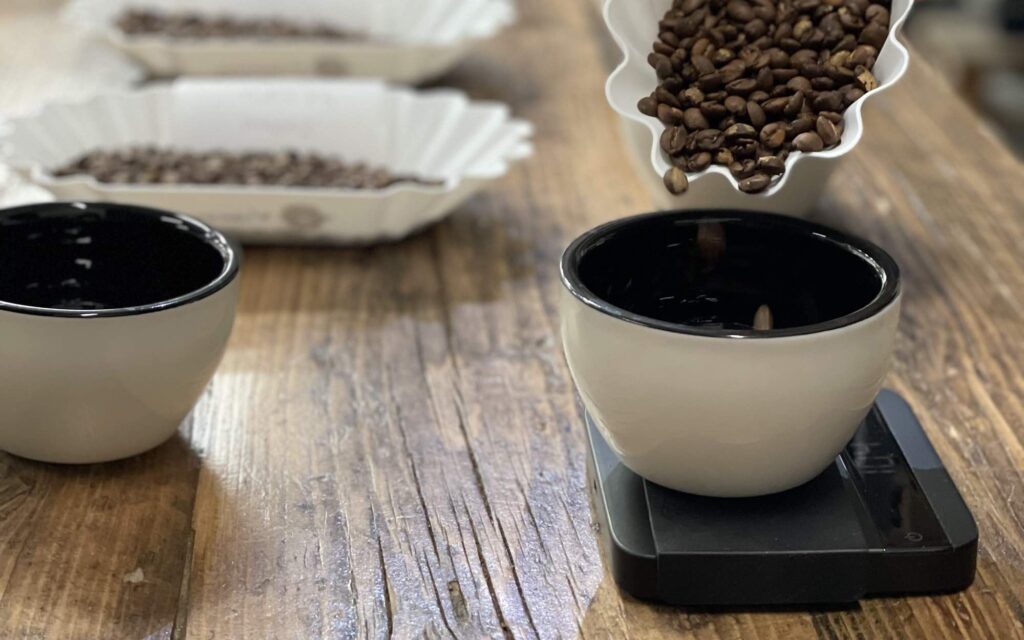
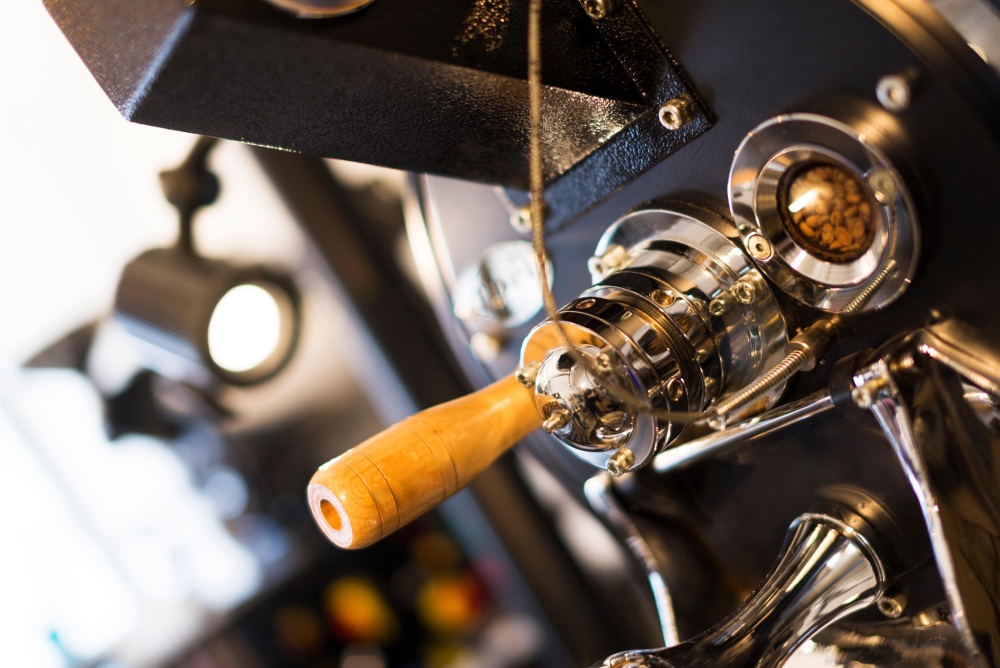
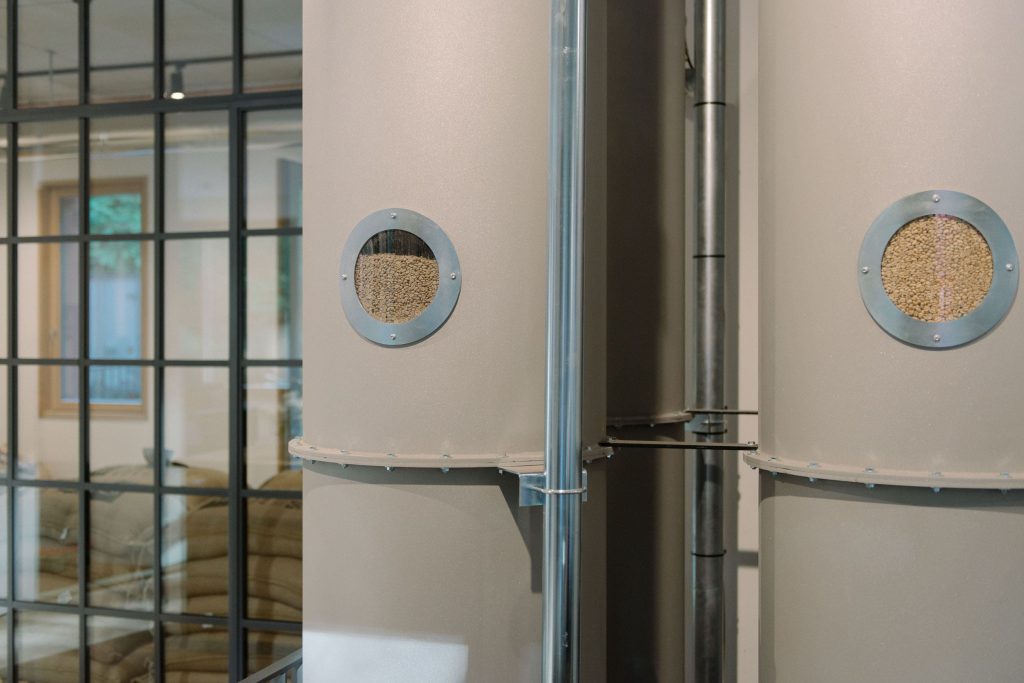
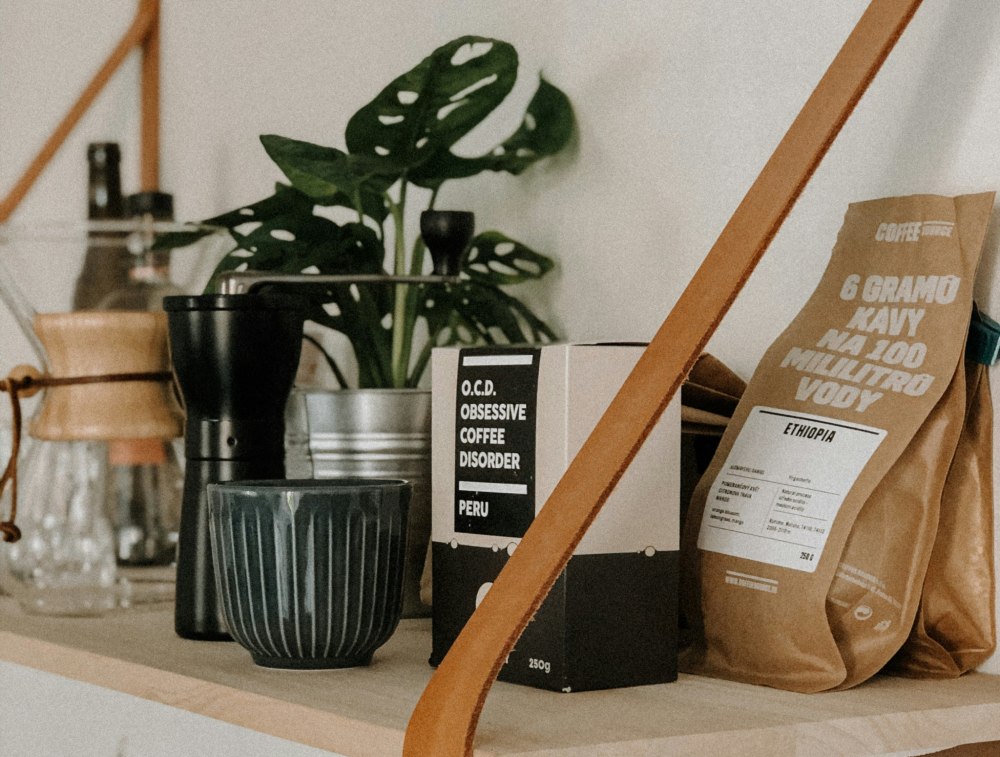
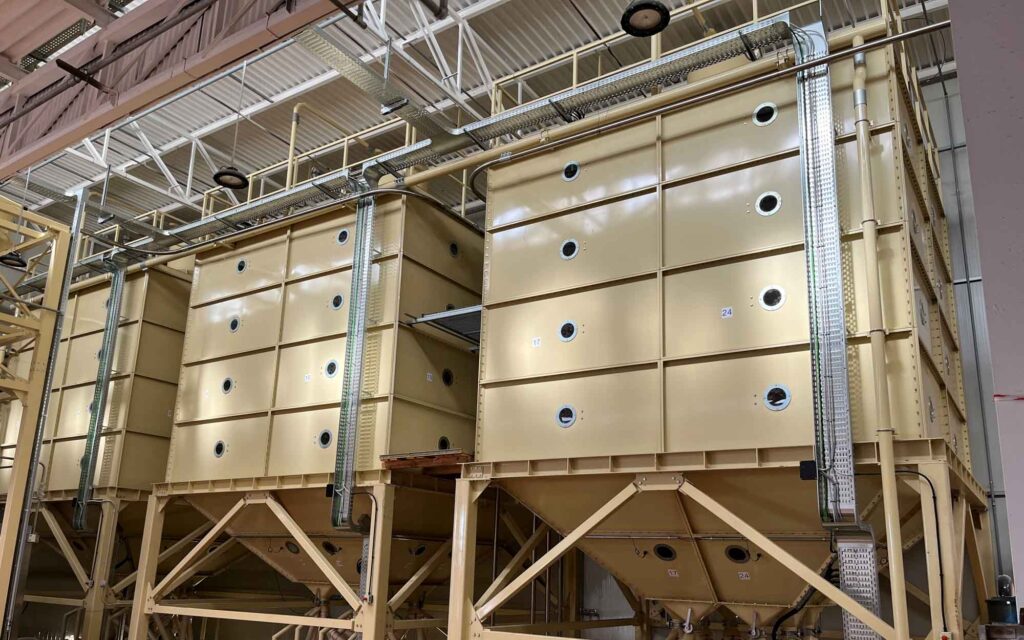
Responses